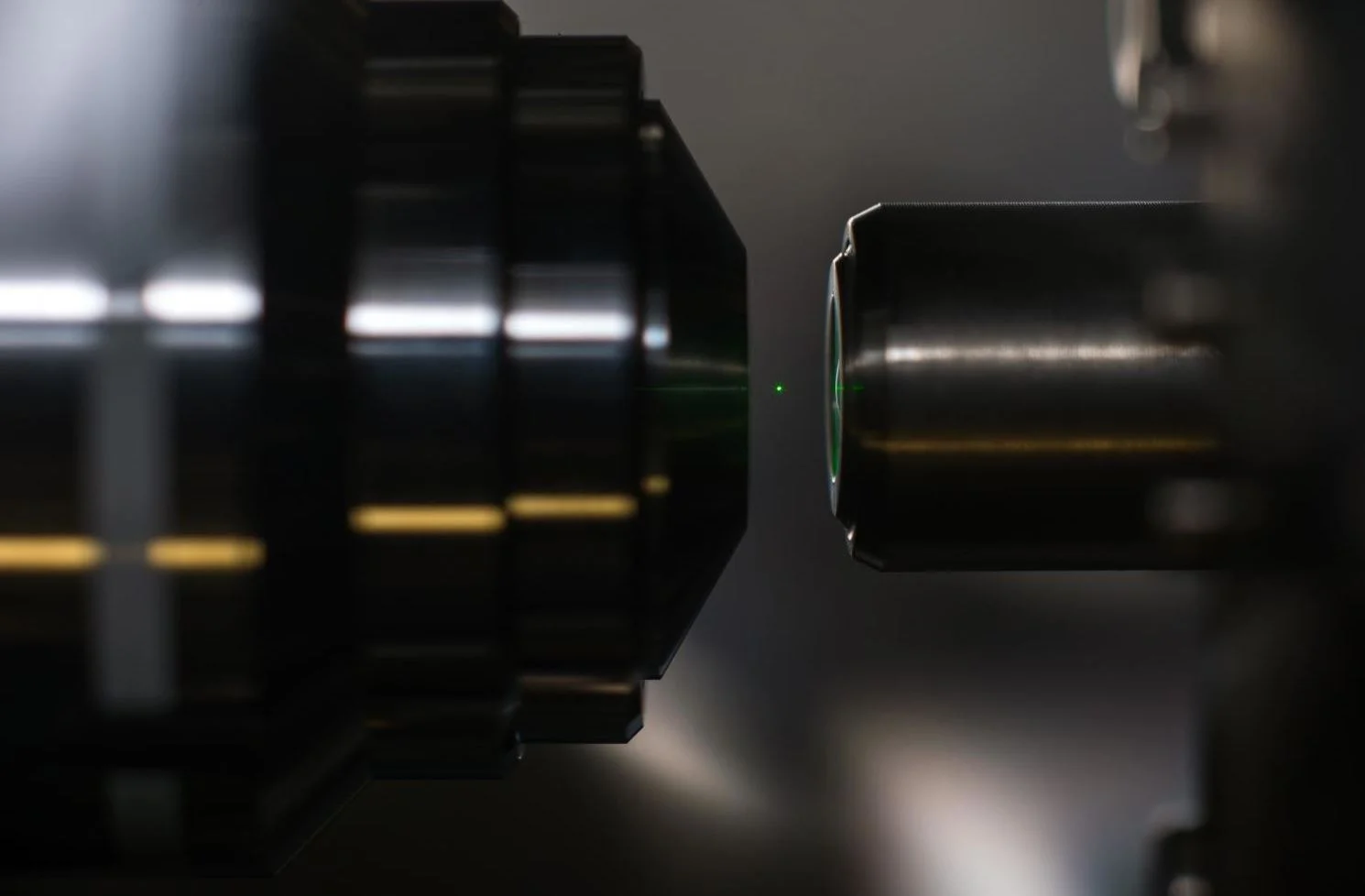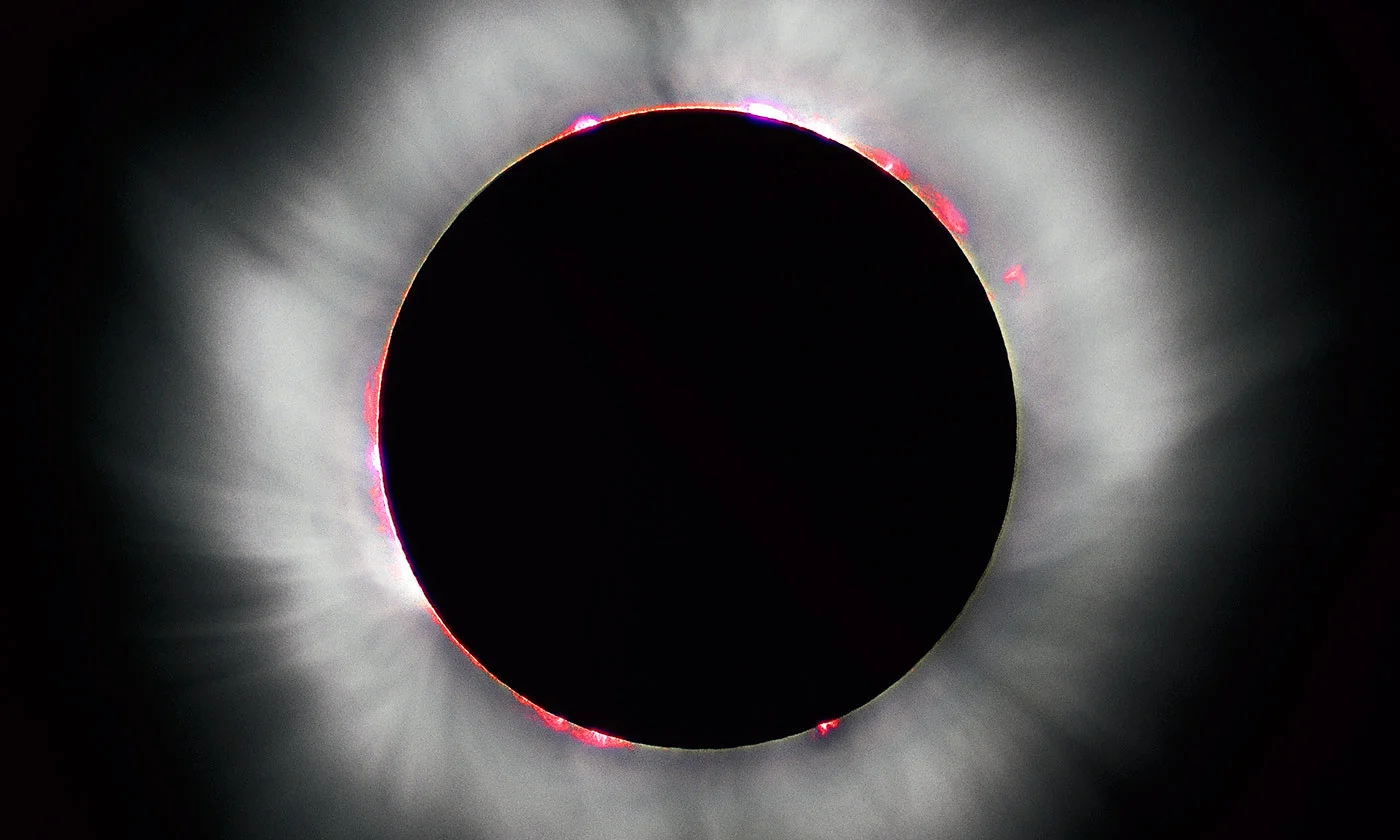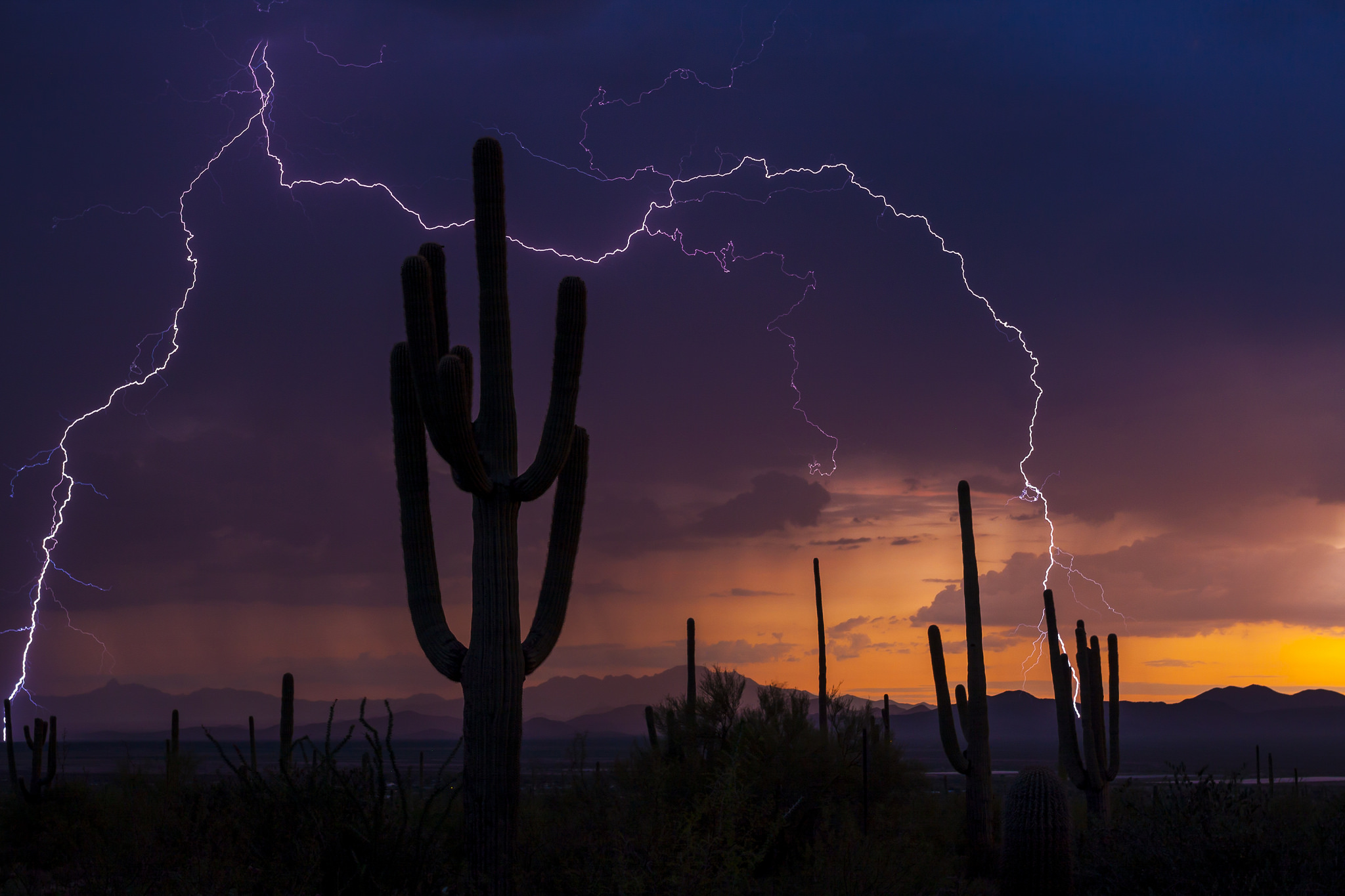Physicists have developed an atomic clock so accurate that it would be off by less than a single second in 14 billion years. That kind of accuracy and precision makes it more than just a timepiece. It’s a powerful scientific instrument that could measure gravitational waves, take the measure of the Earth’s gravitational shape, and maybe even detect dark matter. How did they do it?
Chinese Fusion Experiment Reaches 100 Million Degrees
Fusion power has been the fevered dream of scientists, environmentalists and futurists for almost a century. For the past few decades, scientists have been attempting to find a way to create sustainable fusion reactions that would provide human beings with clean, abundant energy, which would finally break our dependence on fossil fuels and other unclean methods.
The kilogram is being redefined – a physicist explains
Experiments with optical tweezers race to test the laws of quantum mechanics
One might think that the optical tweezer – a focused laser beam that can trap small particles – is old hat by now. After all, the tweezer was invented by Arthur Ashkin in 1970. And he received the Nobel Prize for it this year - presumably after its main implications had been realized during the last half-century.
Mystery particle spotted? Discovery would require physics so weird that nobody has even thought of it
Celebrating the 150th anniversary of helium’s discovery – why we need it more than ever
Watching helium gas lift balloons into the air is a lot of fun – or perhaps a tragedy if that balloon belonged to a small child who let it go. And, who hasn’t sipped the helium gas from a balloon and then quacked like Donald Duck? Although, that’s not the smartest thing to do since helium can displace the air in our lungs, or cause other problems with respiration.
Fastest rotor ever made may shed light on quantum physics
Plasma, the mysterious (and powerful) fourth phase of matter
When I was at elementary school, my teacher told me that matter exists in three possible states: solid, liquid and gas. She neglected to mention plasma, a special kind of electrified gas that’s a state unto itself. We rarely encounter natural plasma, unless we’re lucky enough to see the Northern lights, or if we look at the Sun through a special filter, or if we poke our head out the window during a lightning storm, as I liked to do when I was a kid. Yet plasma, for all its scarcity in our daily lives, makes up more than 99 per cent of the observable matter in the Universe (that is, if we discount dark matter).
How far away was that lightning?
Standard Model of particle physics: The absolutely amazing theory of almost everything
Scientists discover how to harness the power of quantum spookiness by entangling clouds of atoms
Fungi can help concrete heal its own cracks
Infrastructure supports and facilitates our daily lives – think of the roads we drive on, the bridges and tunnels that help transport people and freight, the office buildings where we work and the dams that provide the water we drink. But it’s no secret that American infrastructure is aging and in desperate need of rehabilitation.
The libraries of the future will be made of DNA
Nikola Tesla: The extraordinary life of a modern Prometheus
Will artificial intelligence become conscious?
Forget about today’s modest incremental advances in artificial intelligence, such as the increasing abilities of cars to drive themselves. Waiting in the wings might be a groundbreaking development: a machine that is aware of itself and its surroundings, and that could take in and process massive amounts of data in real time. It could be sent on dangerous missions, into space or combat. In addition to driving people around, it might be able to cook, clean, do laundry – and even keep humans company when other people aren’t nearby
Every time lightning strikes, matter-antimatter annihilation happens too
Lighting has always been a source of awe and mystery for us lowly mortals. In ancient times, people associated it with Gods like Zeus and Thor, the fathers of the Greek and Norse pantheons. With the birth of modern science and meteorology, lighting is no longer considered the province of the divine. However, this does not mean that the sense of mystery it carries has diminished one bit.
Thunderstorms create radioactivity, scientists discover
How quantum materials may soon make Star Trek technology reality
If you think technologies from Star Trek seem far-fetched, think again. Many of the devices from the acclaimed television series are slowly becoming a reality. While we may not be teleporting people from starships to a planet’s surface anytime soon, we are getting closer to developing other tools essential for future space travel endeavours.
I’ve always wondered: why do our computing devices seem to slow down?
How the rainbow illuminates the enduring mystery of physics
This summer I went on a family holiday to Cornwall, on the Helford River. The peninsula south of the river is, rather wonderfully, called The Lizard. Standing on its cliffs, you are at the southernmost point of mainland Britain. North of the river is the port of Falmouth, from where packet-ships kept the mail services of the British Empire running until 1851.










